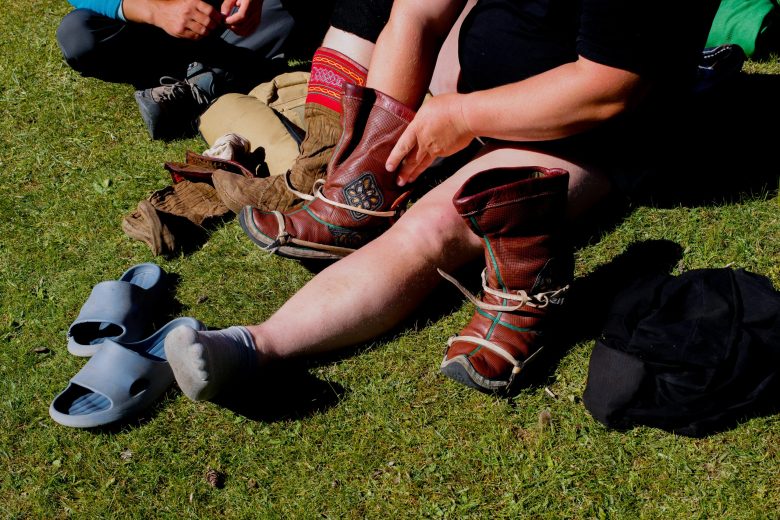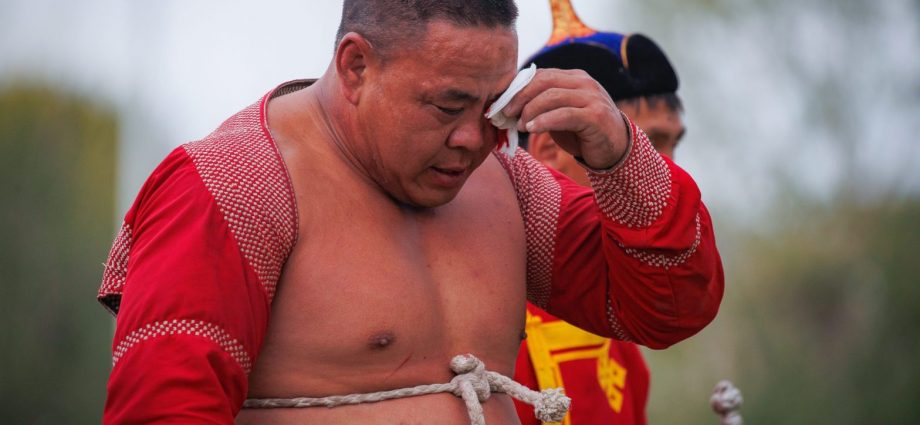TSENGEL and HVOD – In a distant and violent past, Mongolians were once Asia’s most feared warriors, trampling the world under the hooves of their ponies, sacking cities and driving their enemies before them.
In the gentler days of the 21st century, the great khans and their fearsome cavalry armies are long gone, but Mongolia’s warrior heritage lives on.
That heritage was on full display this summer at Naadam, a centuries-old traditional festival and Mongolia’s foremost national holiday. After a two-year hiatus due to Covid, 2022’s event ran from July 11-13 across the nation’s villages, towns, cities and provinces.
Naadam is deeply rooted not just in the warrior ways of yore, but also in Mongolia’s nomadic customs and pastoral way of life. It focuses on three martial sports: wrestling, archery and horse racing.
It is manly stuff. As the country adapts to modernity, women can now participate in archery and horse racing but bokh – Mongolian wrestling – remains an all-male affair.
The festival kicks off with a traditional dance called biyelgee accompanied by musicians playing traditional instruments such as the morin khuur. Traditional cuisine, such as khuushuur (meat filled pastry) and traditional booze, such as airag (fermented horse’s milk), is consumed with gusto.
Although Naadam features a wealth of often quirky nomadic folk games – such as solving puzzles and smashing the knuckle bone with one’s palm – the biggest crowd puller is bokh.
It is said that the Emperor Chinggis (Genghis) Khan initiated bokh to keep his warriors strong and fit. For wrestlers today, winning a big tournament is a matter of great pride, honor and prestige. The biggest is the Naadam held in Ulaanbaatar, the capital city of Mongolia.
So, what are the rules of bokh, what are the special garments, what techniques are allowed and disallowed, and how is the winner crowned “Lion,” or tournament champion?
Ayesha Sitara, a Hong Kong-based documentary photographer, witnessed the spectacle this year, first in a small village in Tsengel district and thereafter in the provincial capital of Hovd, Hovd province.
Sitara was immediately hooked. Below, she provides a gallery of this timeless spectacle of Asian machismo to readers or Asia Times.




















